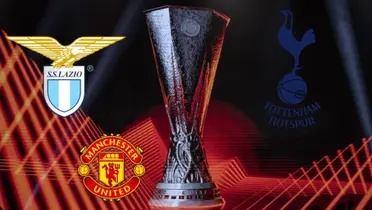Why did the Munich tragedy mark a before and after in Manchester United?
The Munich tragedy: A turning point and the renaissance of Manchester United
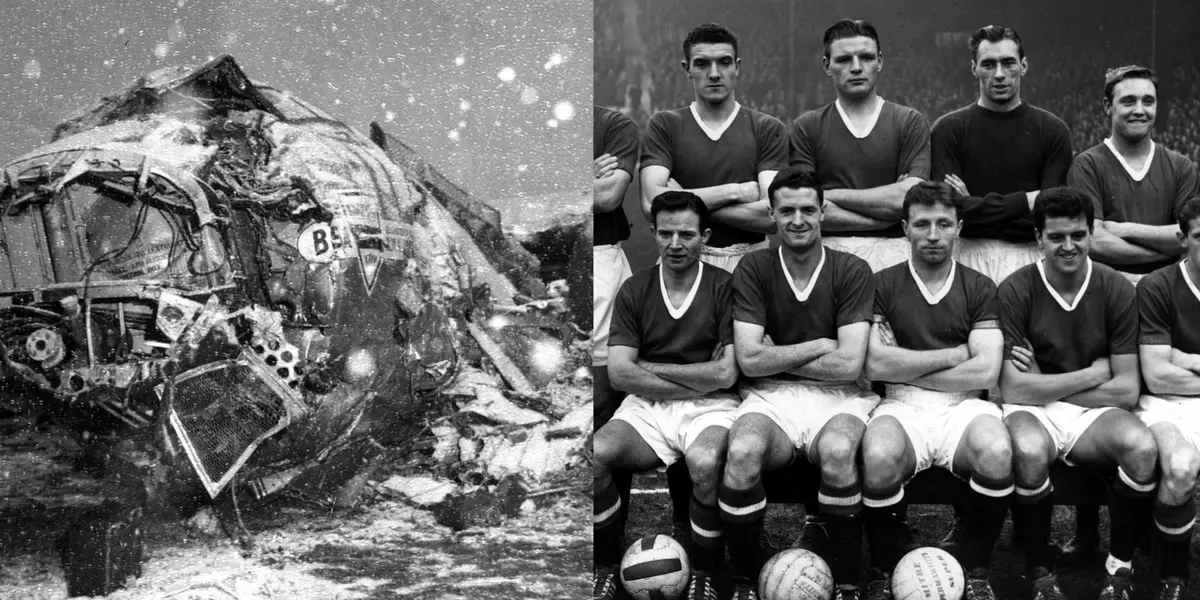
On February 6, 1958, the football world stood still. A fateful plane crash in Munich cut short the lives of eight Manchester United players, the legendary "Busby Babes," leaving a deep wound in the heart of the club and its supporters.
That day, British European Airways Flight 609 crashed during takeoff, taking with it dreams, talent, and the promising future of a team that was destined to make history. The Munich tragedy became a symbol of pain, but also of resilience and hope.
The day football wore mourning: Chronicle of the Munich tragedy
Manchester United was returning from Belgrade after a draw with Red Star Belgrade in the European Cup quarter-finals. The plane made a stopover in Munich to refuel, but adverse weather conditions and a technical failure caused the fatal outcome.
Players like Duncan Edwards, Tommy Taylor, and Roger Byrne, along with other members of the coaching staff and journalists, lost their lives. The impact was devastating, not only for the club but for English football as a whole.
Beyond the pain: The human legacy of the 'Busby Babes'
The "Busby Babes" were much more than a football team; they were a group of talented and charismatic young men who embodied the spirit of Manchester United. Their loss left an irreplaceable void, but their legacy endures in the memory of the fans.
The tragedy united the football community in a gesture of solidarity and support for the club. The spirit of struggle and resilience that Manchester United demonstrated in the following years became a tribute to the fallen.
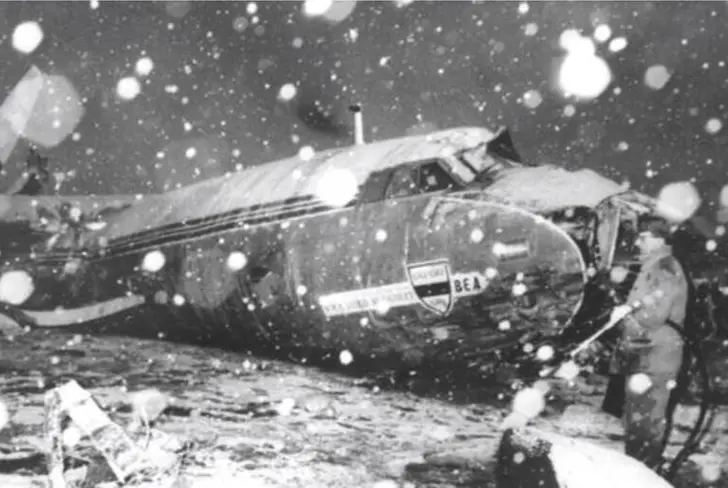
From ashes to glory: The reconstruction of Manchester United
Matt Busby, the coach who survived the accident, led the reconstruction of the team with unwavering determination. Despite the pain and adversity, Busby set out to honor the memory of his players and lead Manchester United to the top of European football.
Players like Bobby Charlton and Bill Foulkes, survivors of the tragedy, became pillars of the new team. Alongside new talents like Denis Law and George Best, they formed a team that conquered the European Cup in 1968.
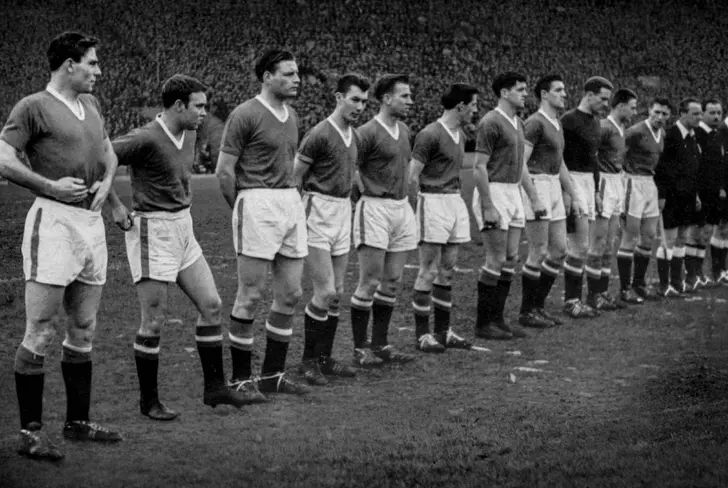
Wembley 1968: The culmination of a dream and a tribute to the fallen
The victory in the European Cup final against Benfica at Wembley was a historic moment for Manchester United and an emotional tribute to the players who died in Munich. Ten years after the tragedy, the club reached European glory, fulfilling Busby's dream and honoring the memory of the "Busby Babes."
The triumph at Wembley was much more than a title; it was a symbol of hope, resilience, and the power of the human spirit to overcome adversity.
The perpetual legacy: Munich in the memory of world football
The Munich tragedy has left an indelible mark on the history of football. Every year, on February 6, Manchester United and its fans remember the fallen in emotional commemorative ceremonies.
The legacy of the "Busby Babes" continues to inspire new generations of players and fans. Their fighting spirit, their passion for football, and their love for Manchester United endure over time.
The Munich tragedy is a reminder of the fragility of life and the passion that sport awakens. The renaissance of Manchester United, led by Matt Busby, is a testament to the power of resilience and the ability to overcome adversity. The legacy of the "Busby Babes" endures in the memory of world football, inspiring generations of players and fans.
What you should know about the Munich tragedy:
- The Munich tragedy marked a before and after in the history of Manchester United.
- Matt Busby led the reconstruction of the team after the disaster.
- The victory in the 1968 European Cup was a tribute to the deceased players.
- The legacy of the "Busby Babes" lives on in the memory of world football.
- The Munich tragedy is a symbol of resilience and sportsmanship.
More news

The Numbers Don't Lie: Casemiro's Dominance Returns
31/03/2025

United's Dream Pairing: The Duo Fans Are Eager to See
31/03/2025

Hojlund's Fate: Will He Stay or Leave Man United?
31/03/2025

Højlund's Plummeting Value: A Cause for Concern at Man United
31/03/2025

Giggs' Misjudgement: Depay's Free-Kick Hopes Fall Flat
31/03/2025

Man United's Summer Clearout: Players on the Chopping Block
31/03/2025

Financial Divide: Man United's Value Dwarfs Olympique Lyon's Squad Cost
30/03/2025

Onana Exit Rumors Swirl: How the Goalkeeper Is Responding
30/03/2025

Eriksen breaks the silence about the rumors of not renewing
30/03/2025

World-Class Player Available: Romano Reveals Transfer Bombshell
30/03/2025

Ugarte's Premier League Insight: Key Differences From Ligue 1 Revealed
30/03/2025

Garnacho Outshines Salah and Haaland: A Stunning Statistical Triumph
29/03/2025

Ekitike's Staggering Stats: Why Man United Are Keen
29/03/2025

Beyond Legends: The United Player Who Rewrote Investment History
29/03/2025
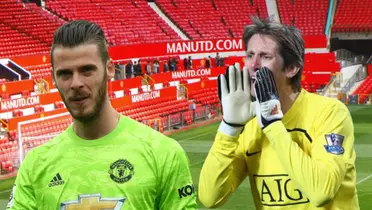
Manchester's Goalkeeping Giants: Who Reigns Supreme?
29/03/2025

Fernandes' Fortune: Unveiling the Price Tag of United's Captain
29/03/2025

The Manchester United jewel that was rumoured for Barcelona ended up in an exotic league
29/03/2025

Father's Faith Pays Off: 100 Pound Bet on Son's United Debut
29/03/2025


